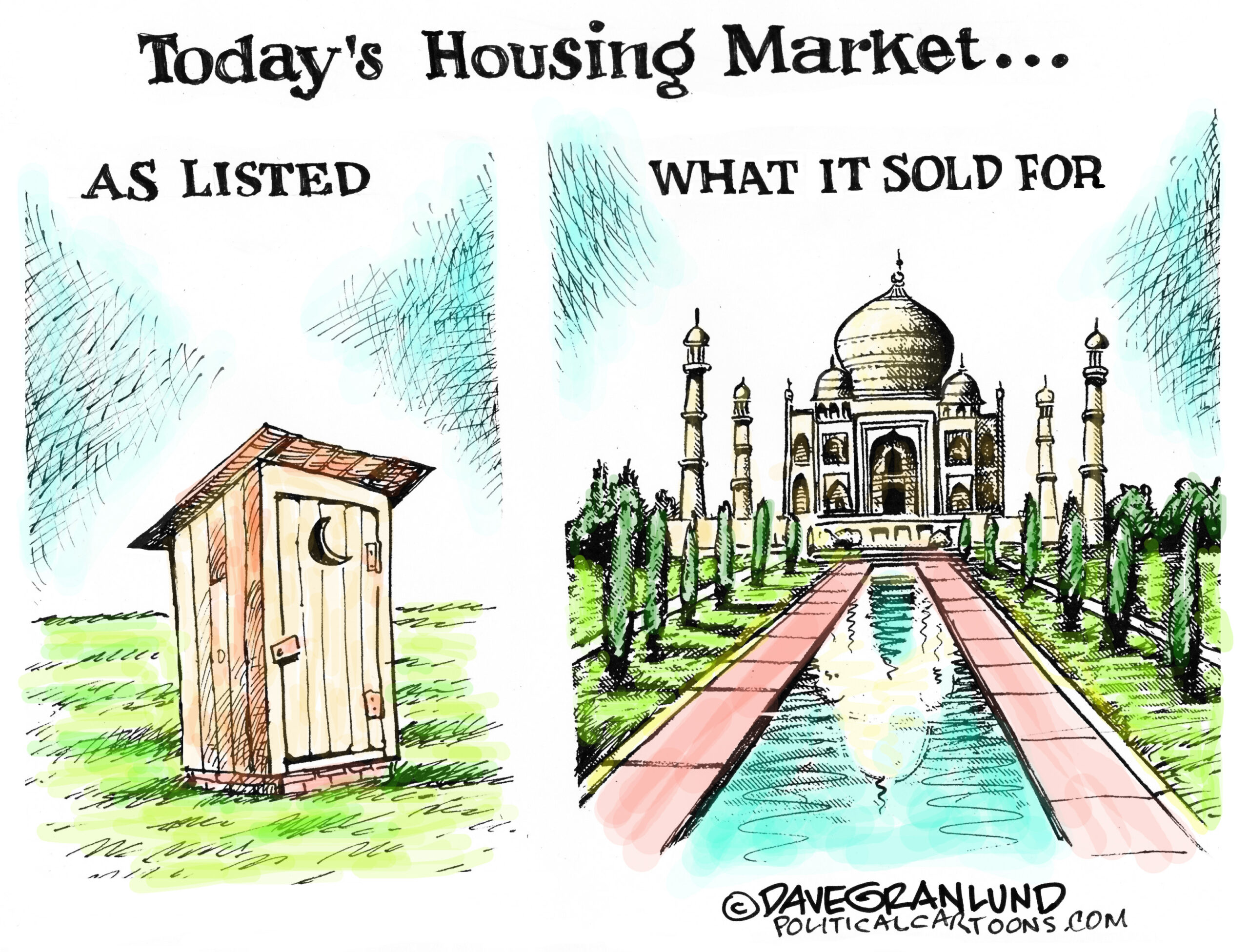The once-shameful stereotype of the 30-year-old living in their parents’ basement is now the norm for many young people, for a multitude of reasons: Crushing student loan debt (degrees no longer pay for themselves); job scarcity in their fields (often compounded by low starting wages or offers to pay in “experience”); limited upward mobility; degree-holding young people being forced to settle for minimum wage and/or “unskilled” jobs; soaring prices and stagnating wages; and absurdly unaffordable housing.
The series on housing in and around Morgantown laid out just how disproportionate current housing prices are compared to income. The problem is, Morgantown has just enough high-paying jobs that sellers can list for top dollar, usually well over what the house is actually worth, aiming for those university and industry administrators, medical professionals and high-wage plant workers. And because it’s a seller’s market, owners can hold out for the price they want.
The Realtors interviewed for the series indicated young people are more likely to buy a townhouse than a detached home. Townhouses are cheaper (relatively speaking; they still list for over $200,000) and allow young buyers to get a foot in the door.
However, the proliferation of top-dollar townhouses (we’re called “Morgantownhouse” for a reason) seems to be driving up the cost of detached homes — as well as leaving pricey new developments nearly empty. A house with four exterior walls — in almost any condition — immediately becomes more valuable simply because it is “detached,” making the traditional home a rare, precious and expensive commodity.
Detached houses that are “affordable” for the majority of young people are generally in such poor shape a bank is unlikely to finance the full price, leaving the buyer on the hook for the difference — a chasm most young people can’t cross, at least not without help.
The devil is in those financing details: The tipping point where the house’s appraisal value meets the asking price, and what the buyer can afford, and the buyer’s credit score and the buyer’s down payment. These are some of the most important factors a bank considers before approving a mortgage loan, and if any one is out of whack, the financing needed to purchase a house falls through.
But renting doesn’t require a bank’s approval, which is how young people end up stuck renting apartments or condos or even houses for hundreds of dollars more than their mortgage payment would be, preventing saving up for a down payment.
Home ownership provided the foundation past generations built their lives on. Today’s young people aren’t falling behind; they are being left behind.
If young people are ever going to have a chance to escape the rental trap or get out of their parents’ basements, then housing must be made affordable. That will likely mean government intervention in places with inflated housing markets, like Morgantown, to ensure that reasonably priced (and actually livable) houses, townhouses and apartments, as well as financing programs, are available.




